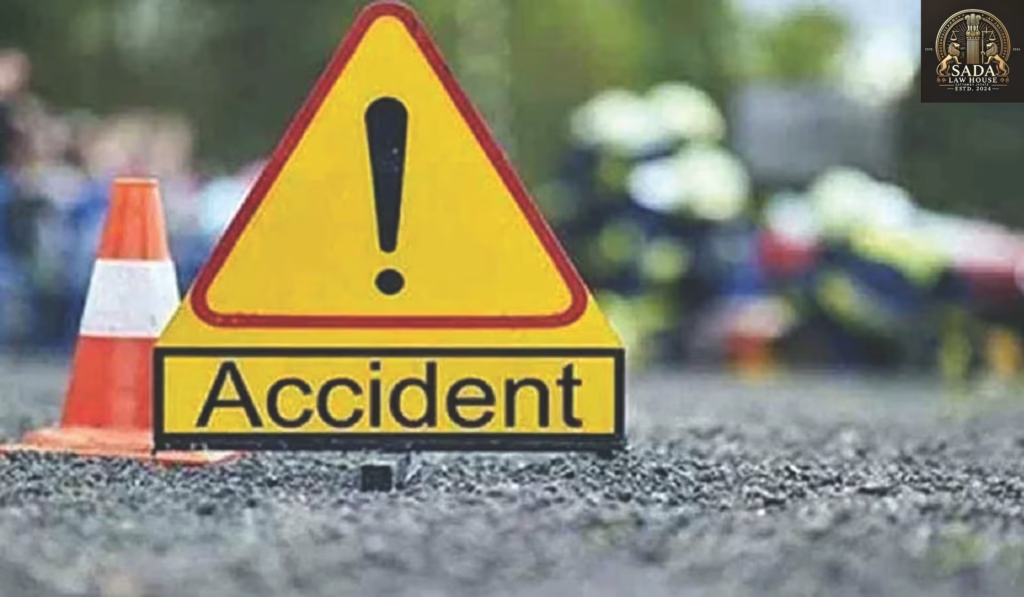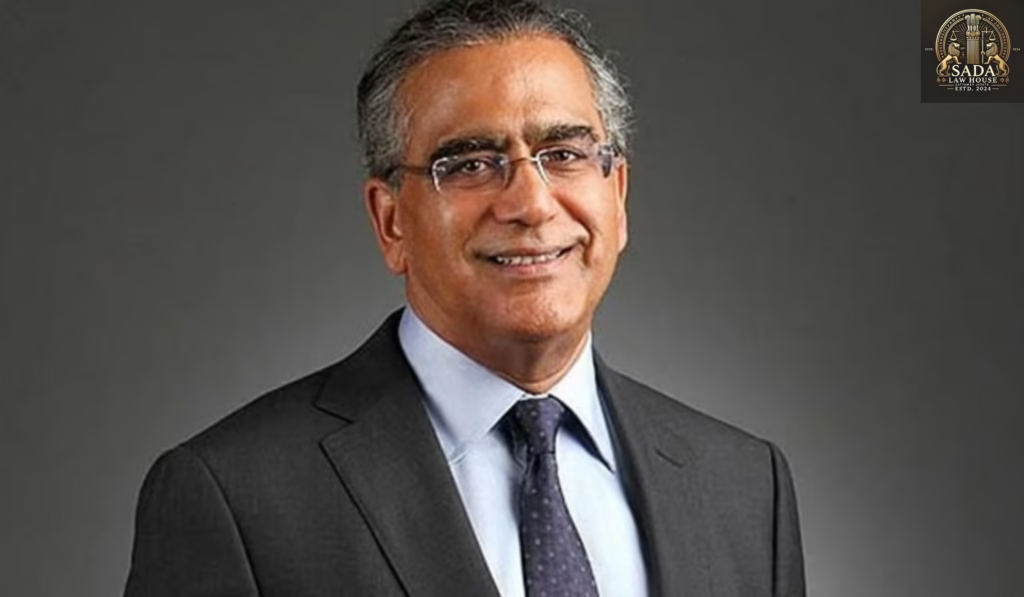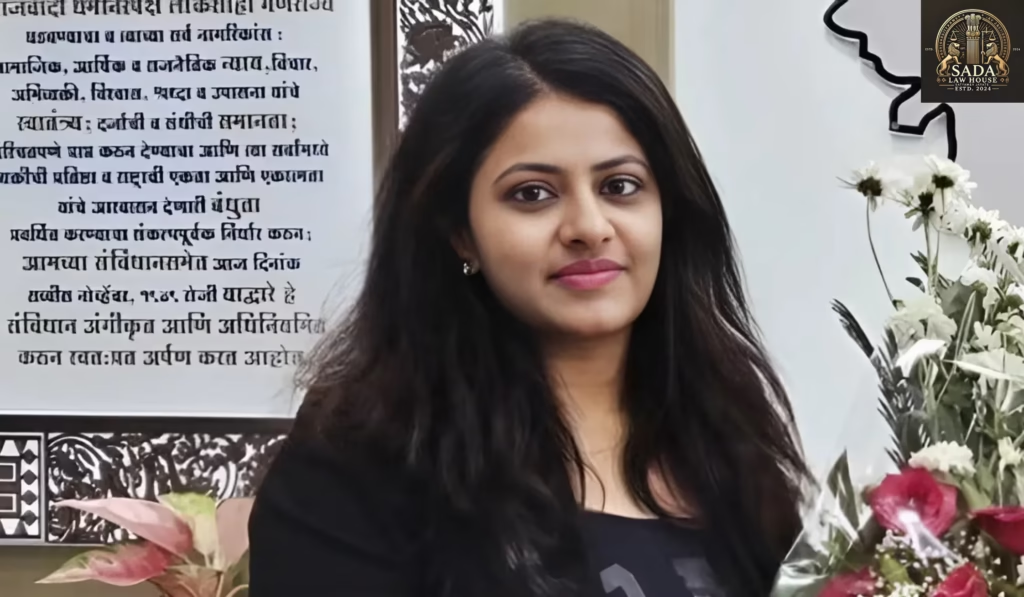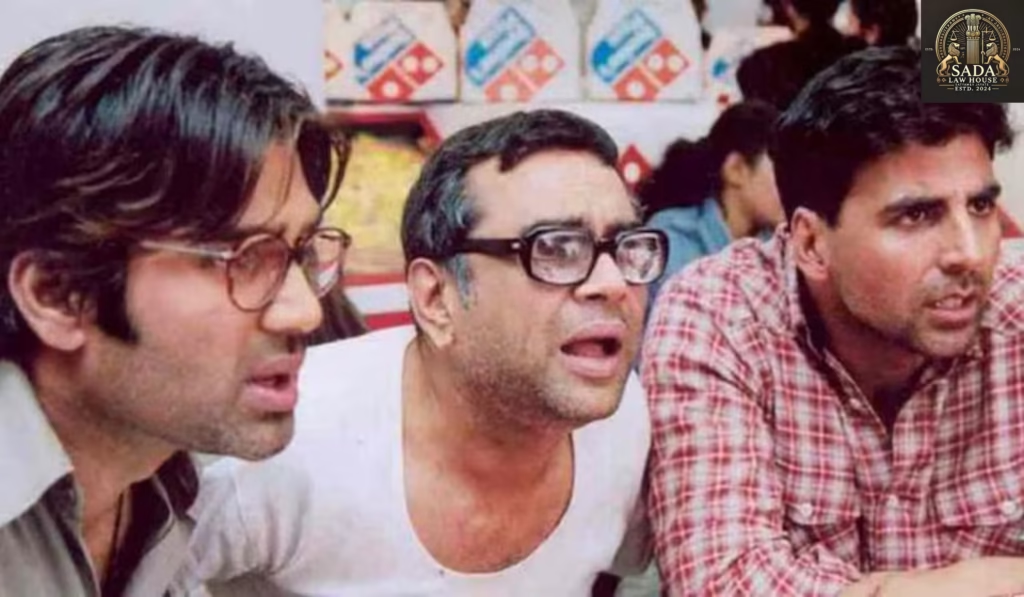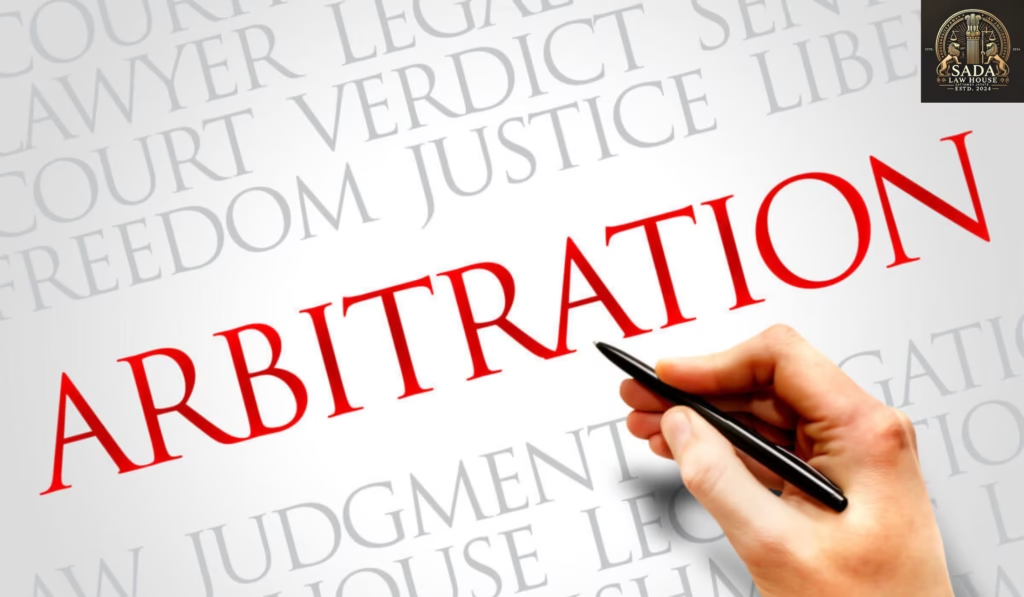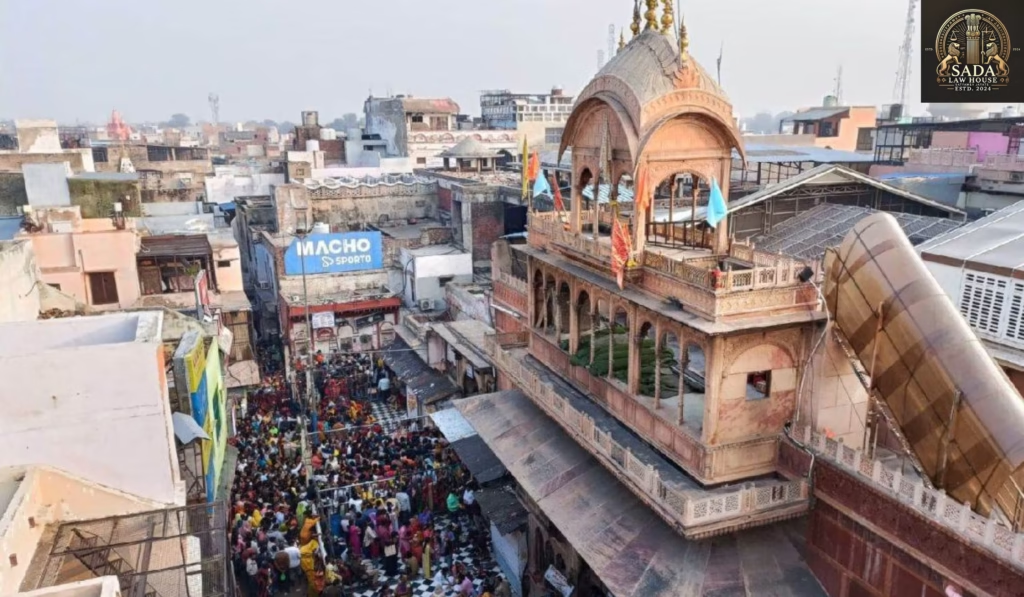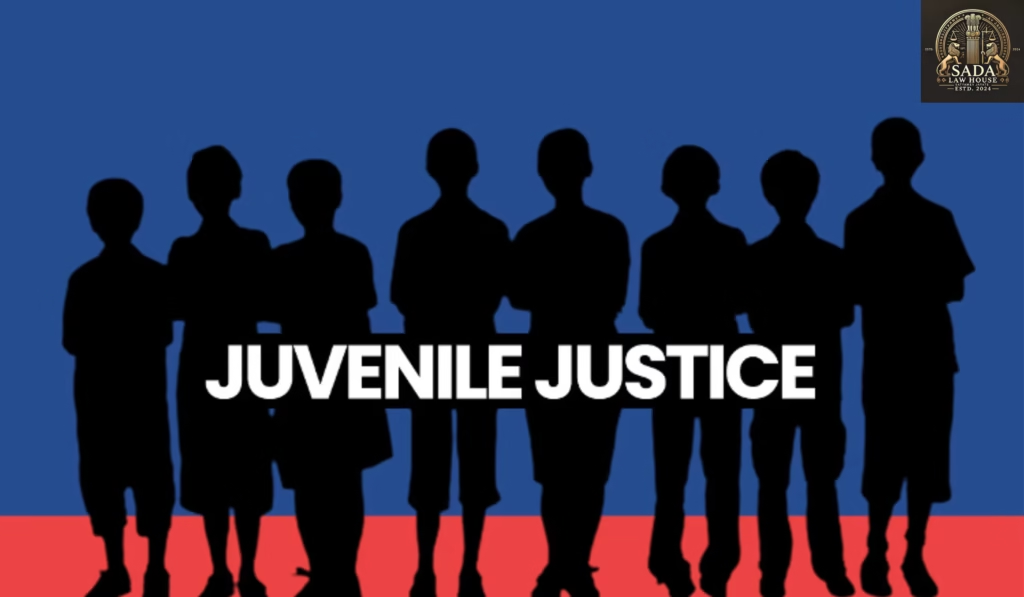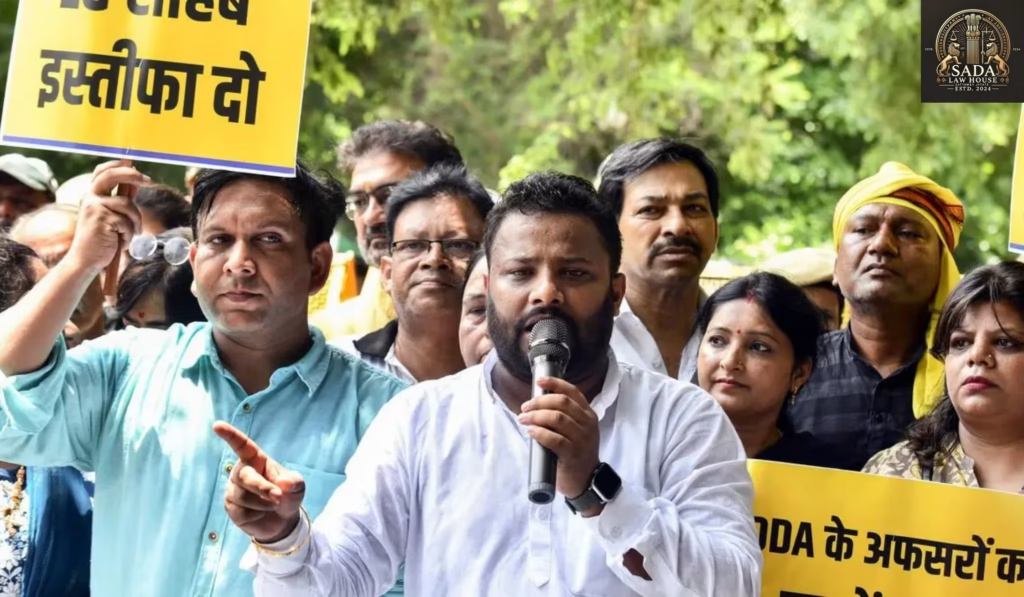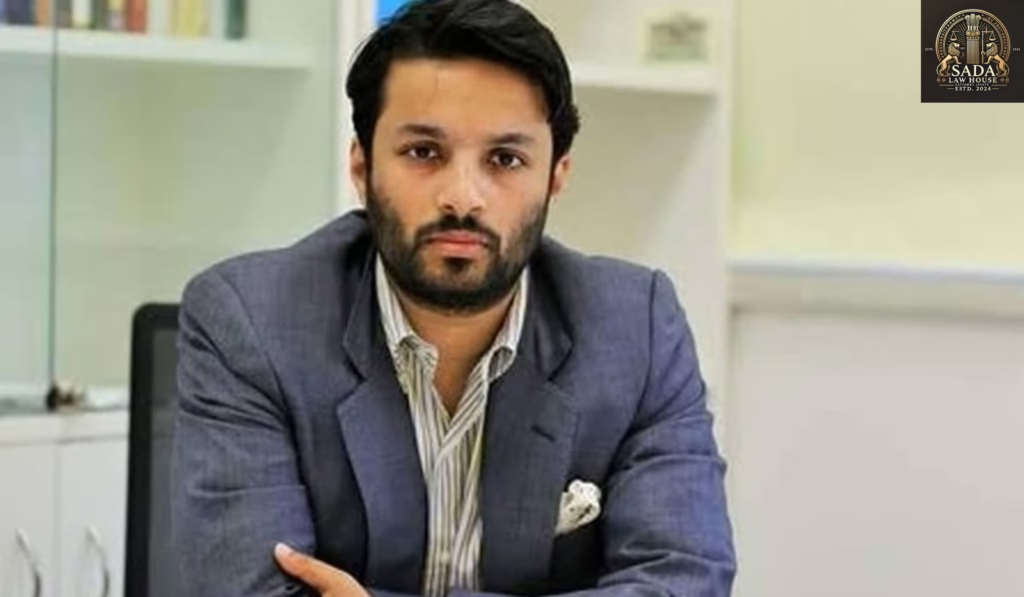Supreme Court Directs Center to Fully Implement Cashless Treatment Scheme for Road Accident Victims
Trending Today Trump’s India-Pakistan Ceasefire Claim Mocked by Ex-NSA John Bolton Supreme Court Directs Center to Fully Implement Cashless Treatment Scheme for Road Accident Victims Supreme Court Stays Defamation Case Against Aroon Purie Over Bihar Political Debate Supreme Court Grants Anticipatory Bail to Ex-IAS Probationer Puja Khedkar in UPSC Cheating Case Akshay Kumar Sues Paresh Rawal for ₹25 Crore Over Hera Pheri 3 Exit Enforceability of Unstamped Arbitration Agreements: Supreme Court’s Landmark 2023 Ruling Explained Banke Bihari Temple Devotee Petitions Supreme Court Against UP Govt’s Corridor Redevelopment Plan Supreme Court Rules Juvenile Justice Board Cannot Review Its Own Decisions Under JJ Act Supreme Court Declares Kuldeep Kumar Rightful Chandigarh Mayor After Electoral Malpractice Tamil Nadu Moves Supreme Court Over Withheld Rs 2291 Crore Samagra Shiksha Funds Linked to NEP Non-Implementation Supreme Court Directs Center to Fully Implement Cashless Treatment Scheme for Road Accident Victims PRABAHAT KUMAR BILTORIA 22 May 2025 The Supreme Court of India directs the Central Government to fully implement the Cashless Treatment Scheme for Road Accident Victims under Section 162 of the Motor Vehicles Act. Learn about the scheme, deadlines, and key legal developments. Central Government Ordered to Enforce the 2025 Cashless Treatment Scheme In a recent ruling, the Supreme Court of India has directed the Central Government to ensure the full implementation of the Cashless Treatment Scheme for Road Accident Victims, 2025, which came into effect on May 5, 2025. The scheme, introduced under Section 162 of the Motor Vehicles Act, 1988, mandates free and immediate medical care to accident victims during the crucial “golden hour” following an accident. Supreme Court Sets Deadline for Affidavit Submission A bench led by Justices Abhay S. Oka and Ujjal Bhuyan instructed the government to file an affidavit by August 2025, detailing the scheme’s execution and publicity measures. “We require the Central Government to provide an affidavit outlining the scheme’s execution, including the number of beneficiaries who received cashless treatment,” the bench stated. Delay in Implementation Criticized Despite Section 162 being in force since April 1, 2022, the Court previously criticized the government for its delay in enforcing the law. The current legal hearing was prompted by concerns over the government’s sluggish implementation. Scheme Details: Free Treatment for Seven Days Post-Accident The scheme allows accident victims to avail cashless treatment for up to ₹1.5 lakhs for a maximum of seven days from the date of the accident. Treatment is to begin immediately upon arrival at any approved hospital or healthcare facility. Court Issues Strong Remarks on Public Health Infrastructure On April 28, 2025, during a hearing, the Secretary of the Ministry of Road Transport and Highways (MoRTH) appeared via video conference to explain the delay. Justice Oka expressed concern, questioning why massive infrastructure projects like highways were being constructed without basic healthcare provisions. He emphasized that the lack of immediate treatment on highways was resulting in preventable deaths. General Insurance Council’s Concerns and Court’s Response The Court was informed that the scheme had faced delays due to objections from the General Insurance Council (GIC). The justices warned that if GIC failed to cooperate, an alternative implementing agency would be appointed. The Secretary assured compliance with the directive. Key Takeaway for Citizens and Stakeholders With the Cashless Treatment Scheme now in effect, all road users and healthcare providers should stay informed about their rights and responsibilities. The Central Government is expected to launch a widespread awareness campaign to educate the public on the scheme’s benefits and procedures. Conclusion The Supreme Court’s directive marks a critical step toward strengthening emergency medical care for road accident victims in India. With the Cashless Treatment Scheme now active, timely government action and public awareness are essential to saving lives and ensuring justice through effective healthcare delivery. Leave a Reply Cancel Reply Logged in as Sada Law. Edit your profile. Log out? Required fields are marked * Message* Live Cases Trump’s India-Pakistan Ceasefire Claim Mocked by Ex-NSA John Bolton Trump’s India-Pakistan Ceasefire Claim Mocked by Ex-NSA John Bolton Sada Law • May 22, 2025 • Live cases • No Comments Supreme Court Directs Center to Fully Implement Cashless Treatment Scheme for Road Accident Victims Supreme Court Directs Center to Fully Implement Cashless Treatment Scheme for Road Accident Victims Sada Law • May 22, 2025 • Live cases • No Comments Supreme Court Stays Defamation Case Against Aroon Purie Over Bihar Political Debate Supreme Court Stays Defamation Case Against Aroon Purie Over Bihar Political Debate Sada Law • May 22, 2025 • Live cases • No Comments 1 2 3 … 5 Next »

